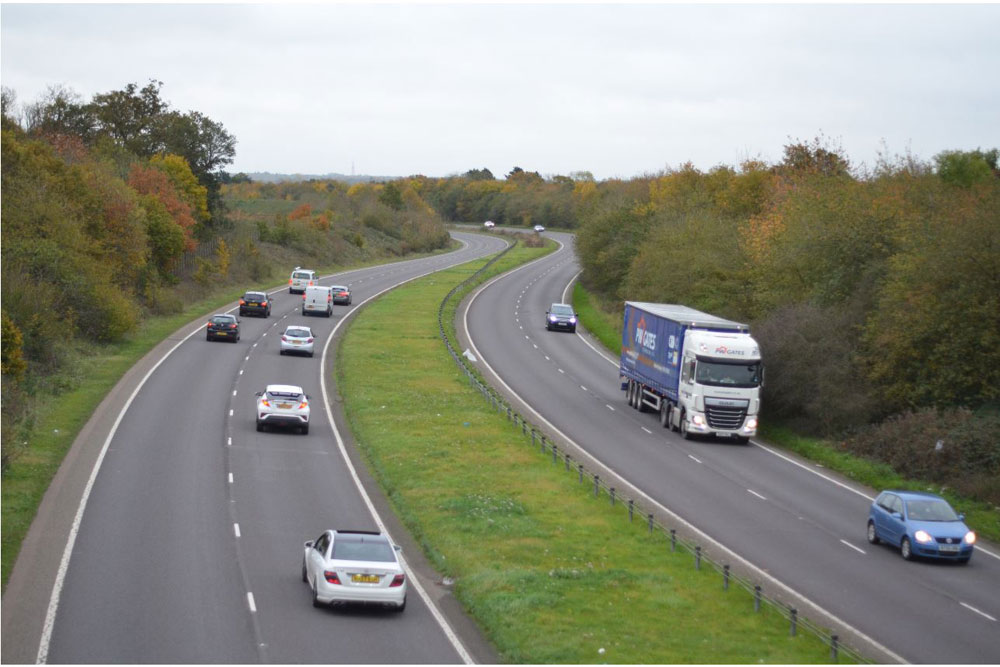
New research from the Institute for Public Policy Research (IPPR) and More in Common finds strong public backing for a bold national road safety target – and a willingness to make real changes to achieve it.
The findings highlight that safety is a top public concern, ranking ahead of speed or convenience, and second only to cost as a factor in people’s daily journeys.
The public supports a broad ‘safe system’ approach to road danger, including better crossings, safer school streets, and reduced speed limits.
A clear majority want the government to act: 56% support a ‘Vision Zero’ target to eliminate deaths and serious injuries on Britain’s roads by 2040, with just 13% opposed. This is true across supporters of all political parties, including Conservatives and Reform.
Support is even higher in London – one of the first cities in Britain to introduce a reduction strategy, and where TfL has introduced an extensive network of 20mph roads.
The public is ready to back meaningful policy changes – and even make trade-offs – to make roads safer. Some 87% of daily drivers say they would accept some form of delay to their typical journeys to make roads safer, challenging the assumption that safety measures will be unpopular with motorists.
Stephen Frost, head of transport policy at IPPR, said: “People want the government to take the lead on making our roads safer. They’re ready for bold action to stop deaths and serious injuries, and they’re willing to make trade-offs to get there.
“This is a real opportunity for ministers to match public ambition with delivery. We can cut road deaths, boost public confidence, and improve everyday journeys – but only if government listens to what people are actually asking for.”
The research also reveals a wider public appetite for serious, people-first transport investment:
- People are more annoyed at shortcomings in public transport than at potholes: Among those who said they were dissatisfied with transport in their local area, more selected the poor availability of buses (53%) and poor reliability of public transport (39%) as a top reason for this dissatisfaction than selected the poor conditions of roads, including potholes, (33%).
- Buses matter most locally: Good bus services are the top reason for local satisfaction in transport; lack of buses is the main reason for dissatisfaction.
- Better buses beat new roads: All income groups prioritise improving public transport quality and affordability; new roads are seen as having low importance for those on low incomes, and are only seen as being of similar importance to public transport improvements among the highest earners.
Chris Annous, associate at More in Common, said: “This research demonstrates that Britons take a practical, not political approach to their views on transport.
“Focused on their concerns over their everyday journeys and local communities, rather than their political outlooks, Britons of all stripes are more supportive of bold and substantive policies to improve road safety than many in Westminster give them credit for.”
Comment on this story